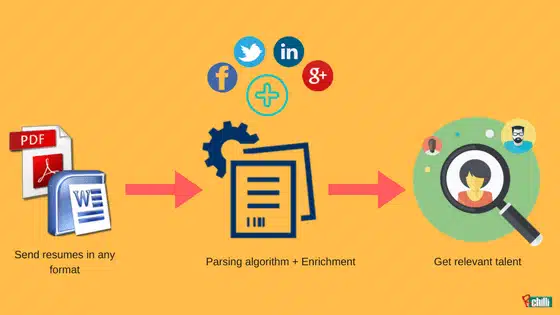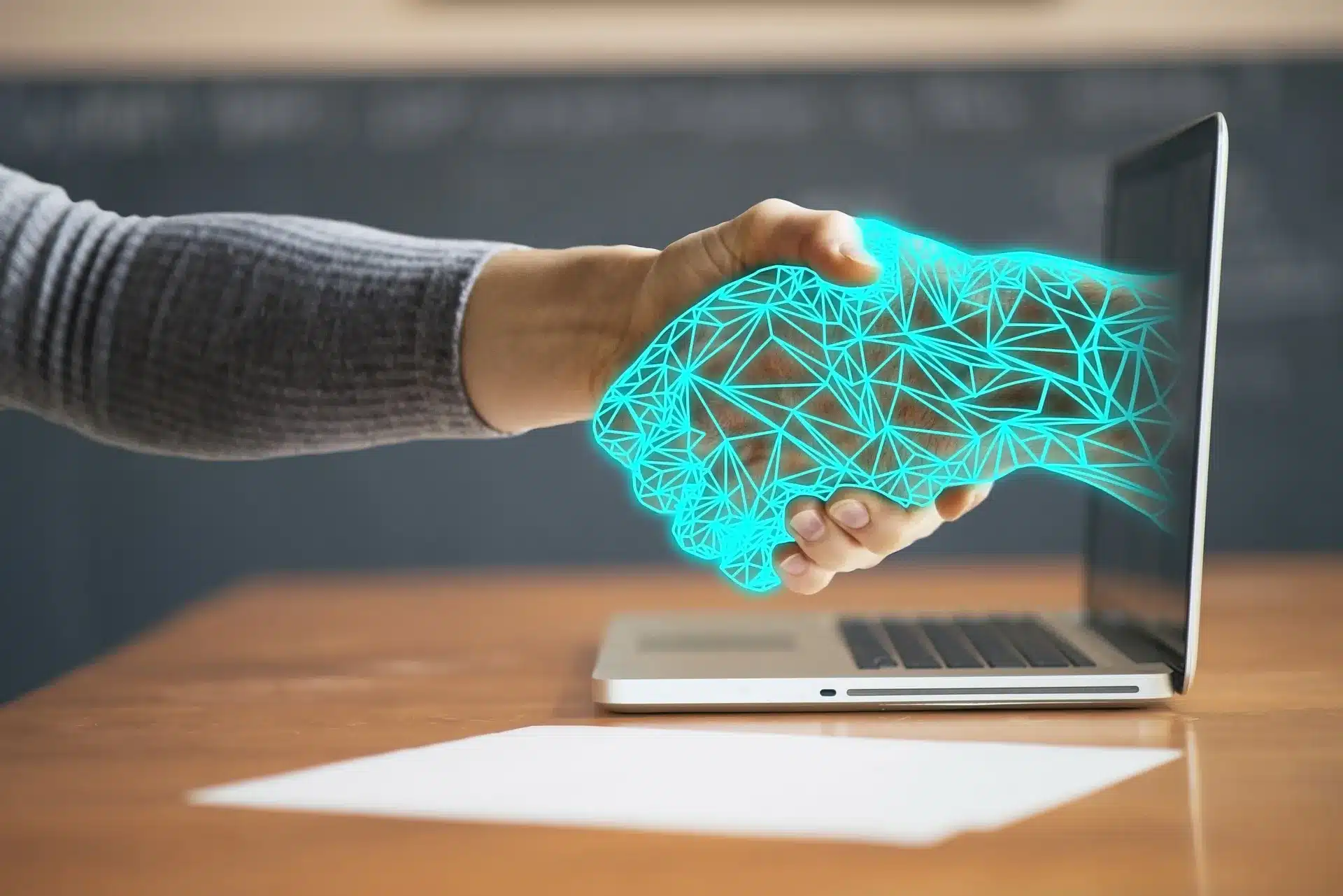The recruiting industry is one of the many seeing fast change due to the advent of artificial intelligence (AI). The recruiting process, from applicant gathering and vetting to final interviews, is becoming more automated and streamlined thanks to advances in artificial intelligence.
Here’s a comprehensive analysis of AI’s impact on the IT industry’s hiring practices:
Contents
1. Sourcing Candidates
By combing through internet data sources, including resume databases, profiles on social media, and more, AI can help recruiters find qualified applicants. This may help employers find and contact more qualified prospects and improve the overall productivity and efficacy of the procurement cycle.
2. Resume Parsing
Selecting the applications that are best qualified for an open job is among the most time-consuming processes for employers. By swiftly analyzing resumes for important information like abilities, credentials, and job experience, AI can automate the entire process. Employers may save a lot of time and energy by using this method to find the best possible applicants.
3. Interviewing
AI may be used for screening applications and conducting preliminary interviews. The use of natural language processing (NLP) tools may help the AI do this so that it can comprehend and react to spoken language. This may assist in making sure applicants are being given the very same pertinent questions and receiving the same kind of feedback on their responses.
Collaborating with recruiting agencies can further streamline the hiring process, bringing in their expertise to find the perfect match. To optimize this partnership, many agencies are turning to hiring management software for agencies, which is designed to handle the specific needs of recruitment firms. This software not only helps in organizing candidate information but also enhances the efficiency and accuracy of the selection process.
4. Predictive Hiring
The use of AI in the recruitment process allows for the examination of a wide range of data, including applications, interviews, and past performance reviews, to determine which individuals have the best chance of being hired. In doing so, you may improve the efficiency of your recruiting process and lessen the likelihood that you will choose the incorrect candidate.
5. Talent Retention
Artificial intelligence could also be employed to track worker productivity and flag those in danger of quitting. It may assist with lowering the expenses related to high attrition and keeping more of your best employees around.






